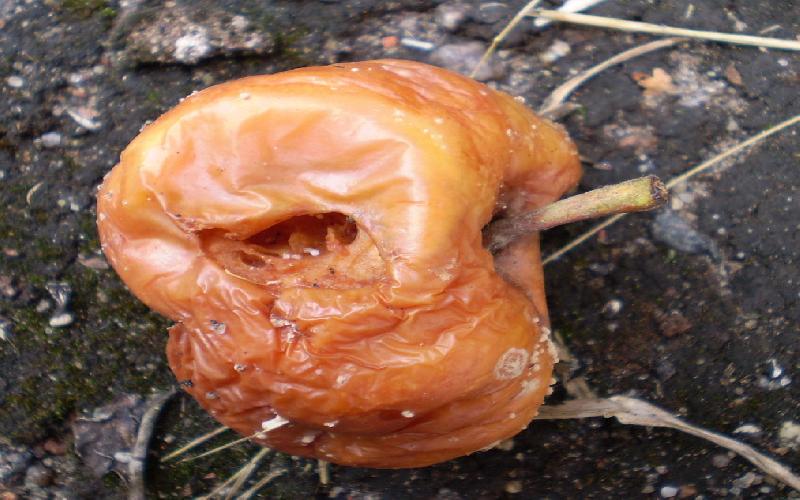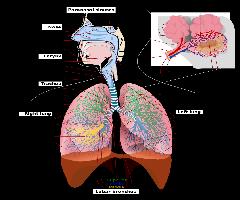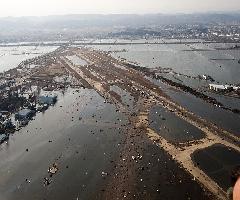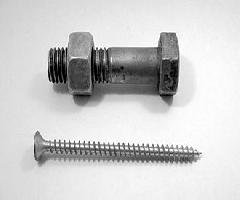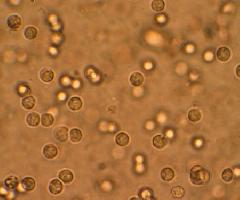Food spoilage refers to the deterioration of the physical and chemical properties of food, making it unfit for consumption. Food becomes spoiled when there is a foul odor coming from it. This is accompanied by bubbles that appear on the surface of the food. There is a putrid odor that one can smell. Food is spoiled when you can see the molds appearing in the food, as in molds of expired bread. Food is spoiled when it changes in color, as in orange juice becoming dark orange, or smelling rancid as in oil, or tasting bad or different from what
it should be. Food spoilage results from:1. Improper handling refers to the use of dirty hands, dirty containers and dirty places. It also refers to workers who are not careful in transporting and handling the food resulting in cuts, bruises, and blemishes.
2. Improper storage , different food requires different places and temperature for storage. For instance, fresh meat, fish, and poultry are stored is cold storage such as freezers, and in containers with cracked ice just like what they do with the fish sold in the market. The refrigerator is where cured meat, fish, and poultry are stored. Fruits and vegetables are placed in airy and cool places or in the vegetable compartment of the refrigerator. Bulbs like onions, garlic, and root crops are placed in baskets at room temperature. When meat, fish, fruits, and vegetables are not stored where they should be, spoilage easily sets in.
3. Inadequate preparation and cooking . This refers to uncooked meat or fish which, when left at room temperature, will later spoil.
4. Careless packaging . Packaging is important to keep bacteria away and to
maintain the good quality of the food. When meat, fish, fruits, or vegetables are not properly wrapped before they are stored, it is easy for bacteria to enter and penetrate the food causing it to spoil easily.5. Invasion of harmful microorganism . There are harmful microorganisms that spoil food. These are bacteria, yeast, and molds. Bacteria are all around us, in the air, in the water, in your hands, in tools and equipment used in food preparation and cooking, and generally, in your surroundings. Molds are formed in expired breads, cakes and other baked products, in cooked rice, in prolonged stored products in the refrigerator. Yeast acts on food by producing a putrid smell which is a symptom of spoilage.
Preventing food spoilage . To prevent from spoiling, handle and store food properly. You can do this by storing fresh food like fish, meat and poultry in the freezer compartment of the refrigerator. Storing cooked foods, eggs and dairies in the lower compartment of the freezer in the refrigerator, and storing fruits and vegetables in the vegetable crisper of the refrigerator. Drying foods like dried fish, dried fruits and vegetable as bacteria do not thrive on dried foods. By killing the microorganism through heating or cooking, by adding salt, vinegar, or sugar in the food because they act as preservatives. By packaging foods properly to present the entrance of insects, rodents, bacteria, and foreign matters that may cause damage to the food.
Note: originally posted at Exposeknowledge.com under the same author.
